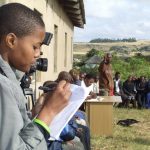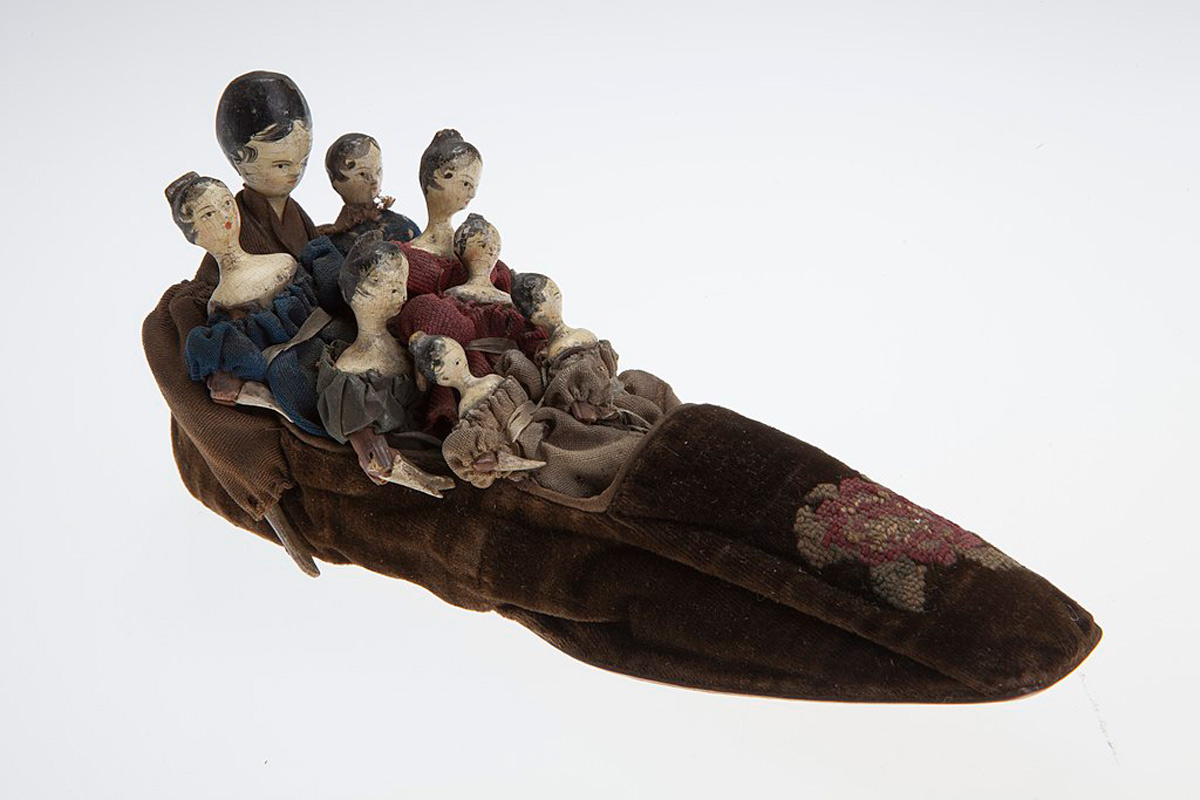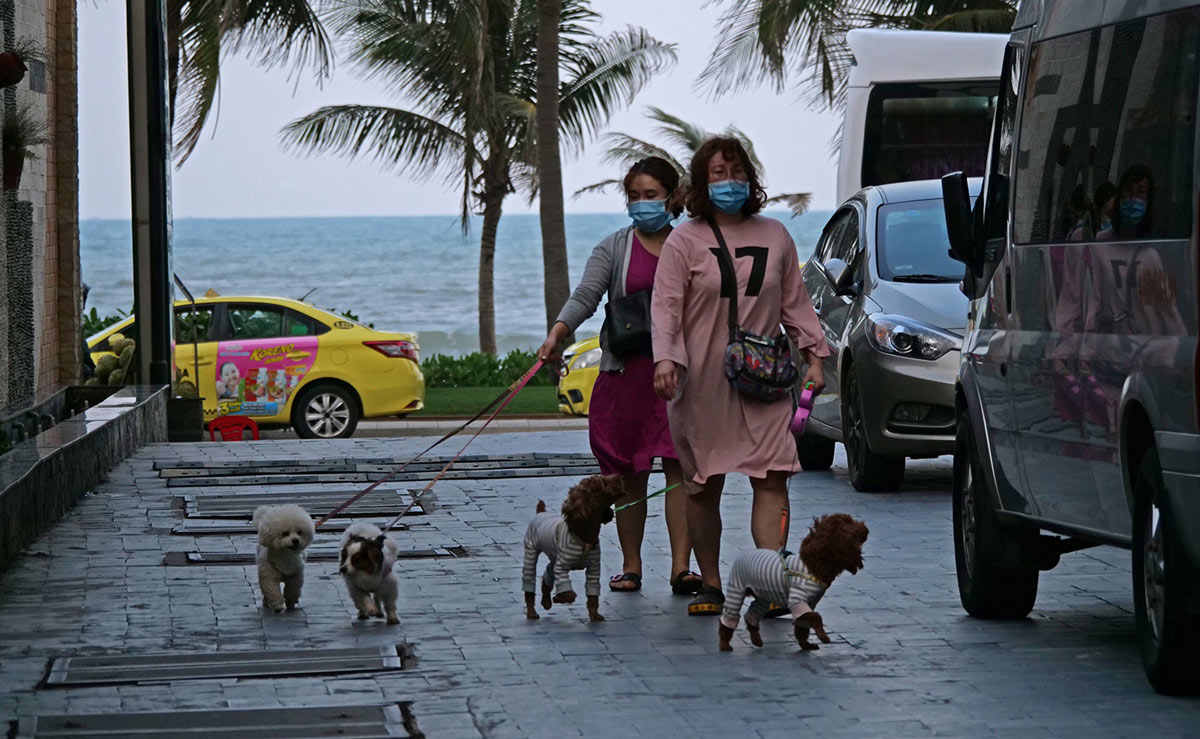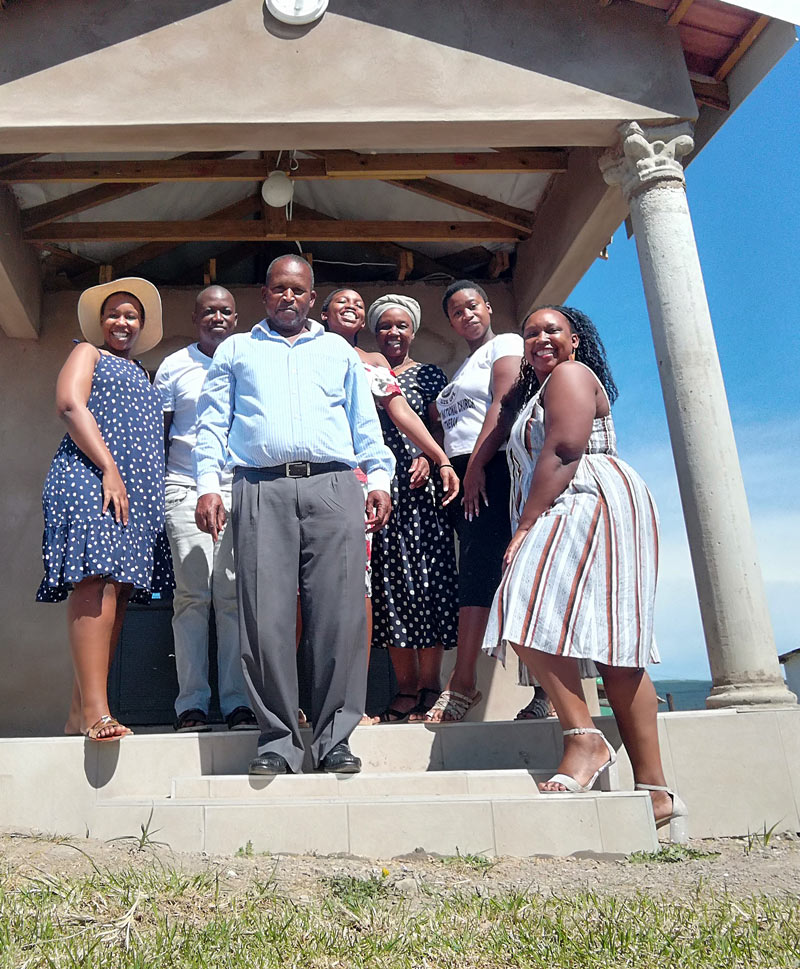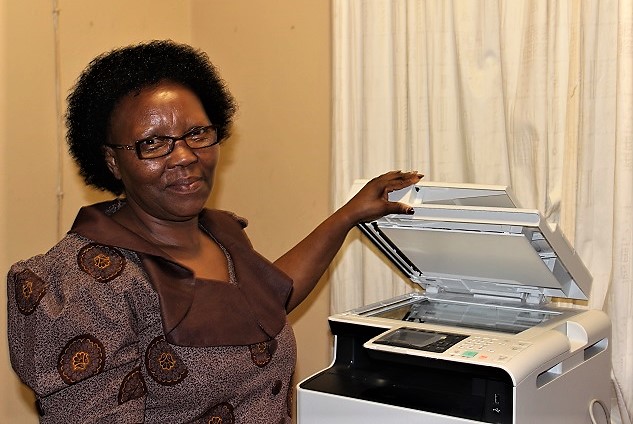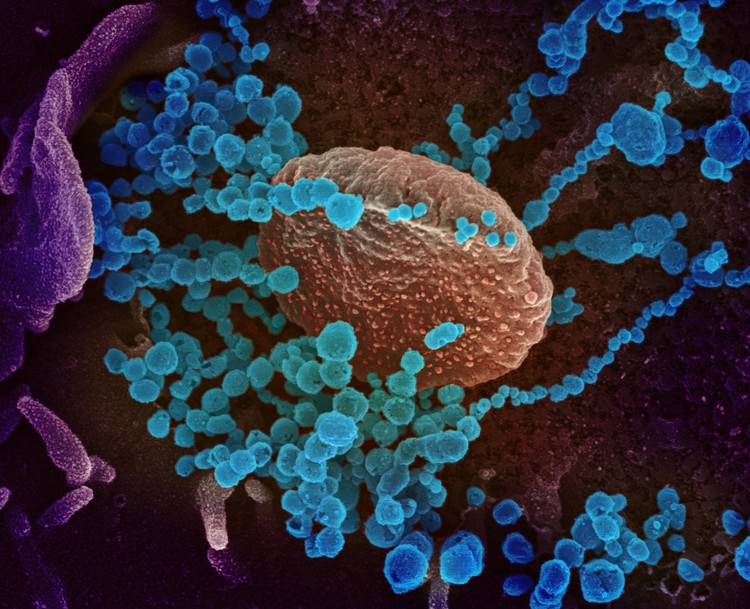Data modelling, aided by artificial intelligence, is helping better understand the spread of Covid-19 and to plan the rollout of the vaccine in South Africa. Fatima Khan reports.
A third wave of Covid-19 is highly likely in South Africa and monitoring and preventing big gatherings are the key to beating the pandemic.
Professor Bruce Mellado, a specialist in modelling and member of the Gauteng Premier’s Covid-19 Advisory Committee, said President Cyril Ramaphosa’s decision to take the country to lockdown Level 3 had been well-informed and prevented an even greater resurgence.
He also touched on how researchers were using modelling and artificial intelligence to plan the rollout of the vaccine.
On 1 February Ramaphosa relaxed some lockdown restrictions as daily infection numbers fell but insisted that Level 3, reinstated late last year, remained in force.
Social behaviour
Mellado, who co-chairs the newly established Africa-Canada Artificial Intelligence Data Modelling Consortium, and his team have led modelling efforts for the Gauteng committee, told Roving Reporters there was no evidence the seasons or weather played a role in the resurgence of the virus.
“Patterns in social behavior and mobility play a great role in driving the pandemic,” he said, warning that superspreader events were usually the triggers of a new wave.
The end of school year celebrations were widely suspected to be one of the triggers to South Africa’s second wave of Covid-19 infections, which peaked in January with more than 20 000 cases reported on some days.
He said planning had spared the Gauteng healthcare system from collapse as infections in the province reached more than cases during the first wave, which peaked in July 2020 in Gauteng and exceeded 17 000 cases in January 2021.
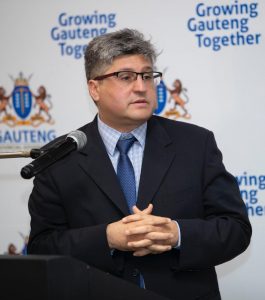
Roll-out
As the country appears to be emerging from the second wave of the pandemic, the emphasis is increasingly on protocols for rolling out vaccinations, with frontline workers being the priority, said Mellado.
Guateng was using artificial intelligence to prioritise vaccinations, predicting which groups were most likely to develop severe symptoms with plans to vaccinate them first.
He said South Africa had done well with monitoring Covid-19, the quality of data collected and compiling and sharing statistics.
He said modelling was complex, with many factors to consider. But strides have been made in fine tuning the model used to project the trajectory of the pandemic locally.
The current model was better structured and more sophisticated than the initial model developed in March last year when the pandemic first hit South Africa. Teams of researchers from different disciplines were working together.
Clearer
In the early days of the pandemic in the country much less was known about mortality and lethality of Sars-Cov-2, but as more information was being gathered daily the picture was becoming clearer.
He felt South Africa had “done well in managing the pandemic and wanted to pass on the knowledge to other countries in the continent”.
On the York University established modelling consortium, Mellado said it was one of seven successful candidates amid 350 applicants that responded to a funding call from the Canadian International Development Research Centre.
Canada was very “empathetic with the problems experienced in Africa” and the funding was intended to research predictive modelling and forecasting of the transmission of Covid-19 on the continent, he said. This included using artificial intelligence.
Other countries involved in the consortium’s work are Botswana, Cameroon, eSwatini, Mozambique, Namibia, Nigeria, and Zimbabwe.
Mellado could not comment on statistics collated by the other African countries, but he was optimistic that the model developed in South Africa could be adapted for use in other African countries. His team is collaborating with colleagues in Botswana to share expertise in this area. – Roving Reporters



